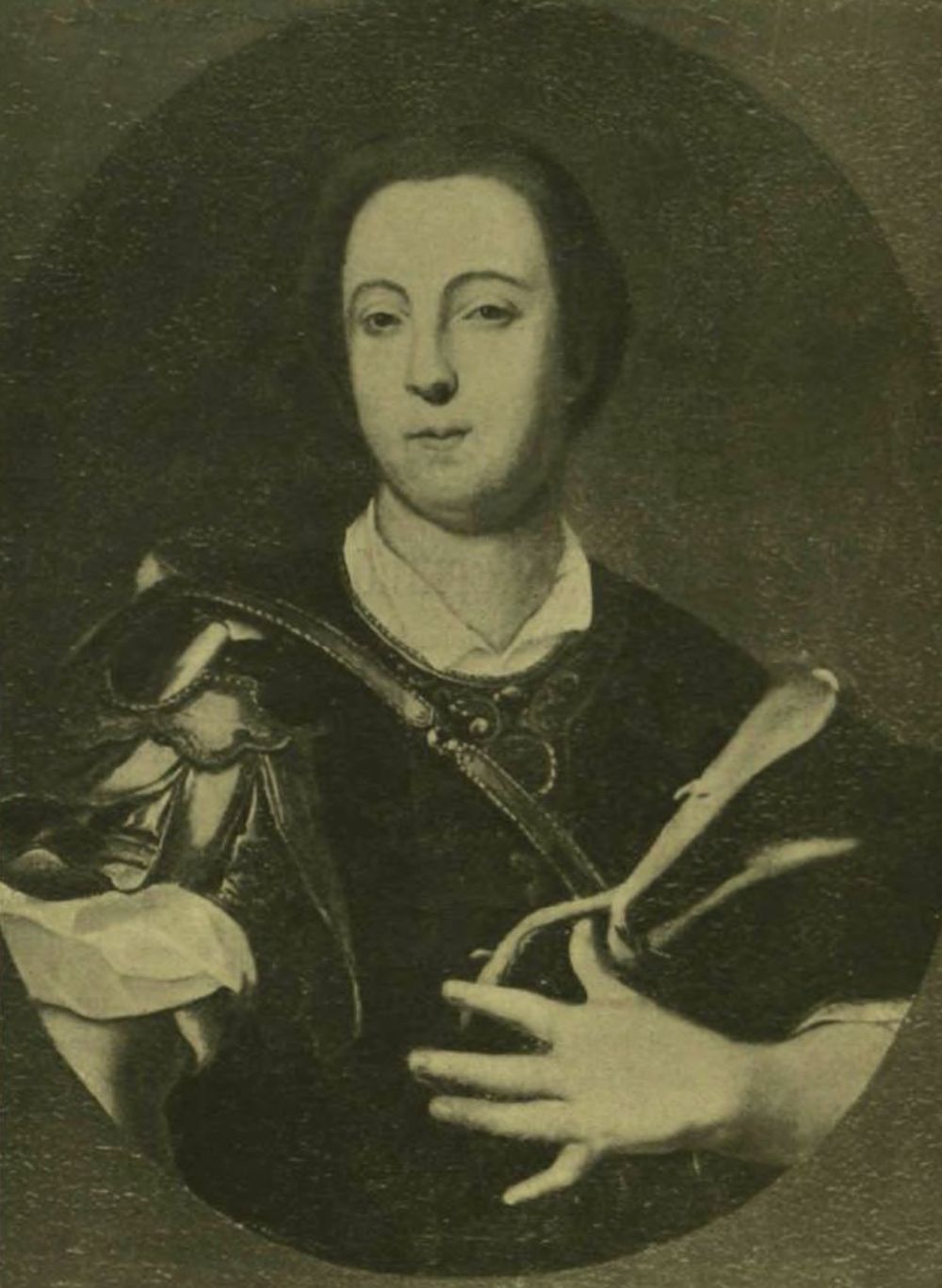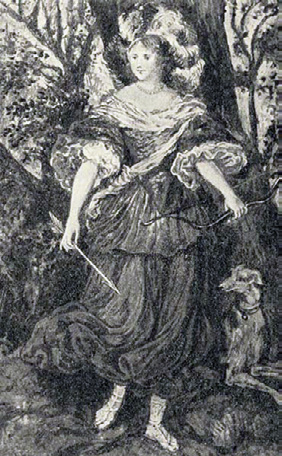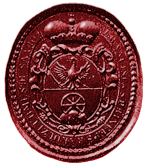
Julianna Rákóczi, 19th century copy

Julianna Rákóczi as Diana, contemporary painting
Julianna Rákóczi
Julianna Borbála, the daughter of Ferenc I Rákóczi and Ilona Zrínyi, was born in September 1672 as the second child of her parents. In his will, her father commended her and her younger brother into the protection of Leopold I; however, Ilona Zrínyi managed to remain the guardian of her children. She spent her childhood in Munkács (Mukachevo, UA), Regéc and Sárospatak. Together with her mother and her younger brother, she was present at the siege of Munkács. After surrendering the castle, they arrived to Vienna in March 1688. Together with her mother, she was locked in the Ursuline convent, while Ferenc was sent to Bohemia. The children and the family estates were set under the guardianship of Leopold Karl von Kollonitsch, bishop of Győr. She was 18 when she married Count Ferdinand Gobert von Aspremont-Lynden, who was an imperial field marshal and almost 30 years older than her. Some sources suggest that Ilona Zrínyi and the Aspremont-clan planned the marriage together, while the bishop of Vienna held the wedding ceremony secretly, without the permission of the emperor. The marriage meant Julianna’s emancipation, by which she escaped the authority of her guardian. It happened also due to her that her brother left the University of Prague, passed the emancipation procedure and got married. She continued to live in Vienna and even accommodated her brother in her house. The Rákóczi siblings sold or pledged a number of estates to support their expensive lifestyle. Their intimate relationship was ruined due to a multiple-year conflict caused by the final division of the – until then – common property. Julianna Rákóczi gave birth to seven children. Her husband died in Reckheim in 1708, after which Julianna continued to live in Vienna. During the war of independence, she suffered heavy financial losses – her estates suffered losses due to the war and she did not receive her share of income. She even became burdened by debt. In 1711, Emperor Joseph I issued a moratorium on the payment of her debts. She died in Vienna in 1717, at the age of only 45 years. The Rákóczi family lived on in her descendants.


